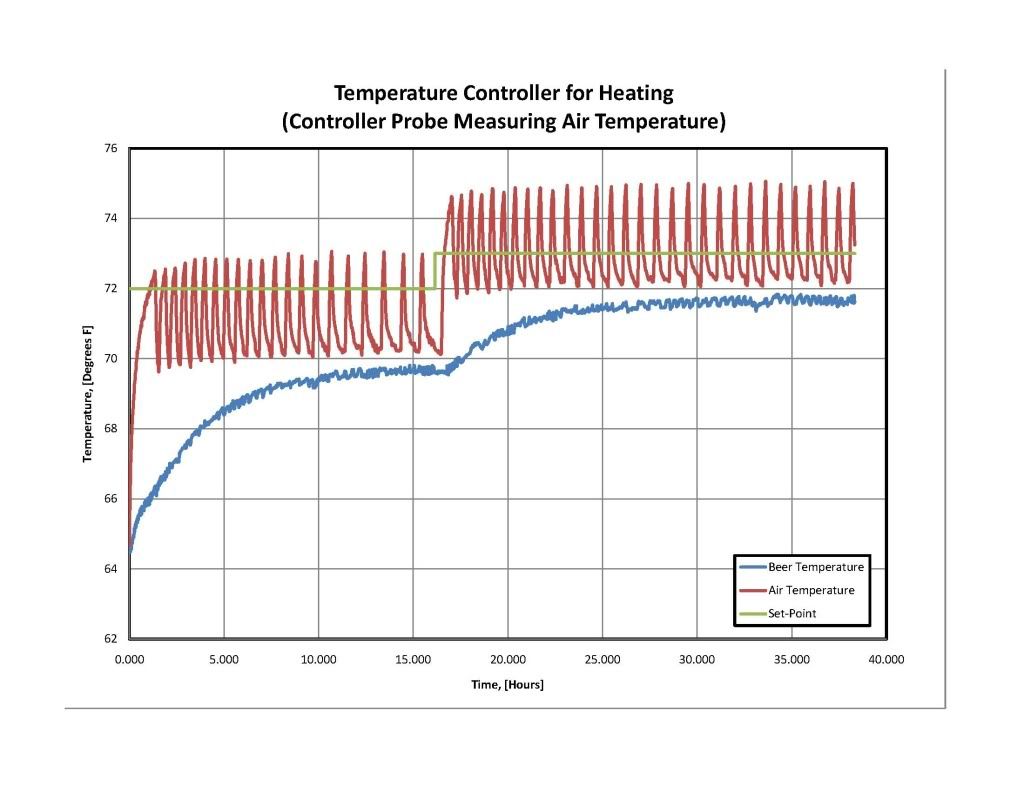Hello, tried a search & found threads about higher temperatures, not any concerning temps lower than say 60.
I keep my house set at about 60 throughout the cold months, which are long here in northern Michigan, & plan on brewing quite a bit this winter. Anywhoo. . I've got my first batch (NB's 60 Shilling Scottish Ale) bubbling happily along in the carboy, & was flipping through the Joy of Homebrewing which recommends conditioning at 65 degrees or over. That's not really gonna happen. I'm hoping that it'll mearly take longer as opposed to not carbonating at all. Hopefully some of you experienced in brewing in colder climes can set my worries to rest.
Thanks in advance for any advice.
I keep my house set at about 60 throughout the cold months, which are long here in northern Michigan, & plan on brewing quite a bit this winter. Anywhoo. . I've got my first batch (NB's 60 Shilling Scottish Ale) bubbling happily along in the carboy, & was flipping through the Joy of Homebrewing which recommends conditioning at 65 degrees or over. That's not really gonna happen. I'm hoping that it'll mearly take longer as opposed to not carbonating at all. Hopefully some of you experienced in brewing in colder climes can set my worries to rest.
Thanks in advance for any advice.



